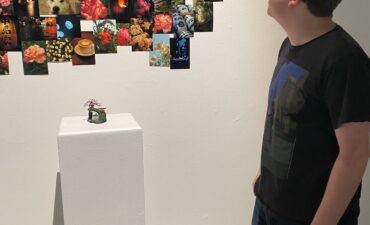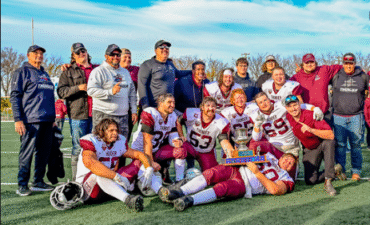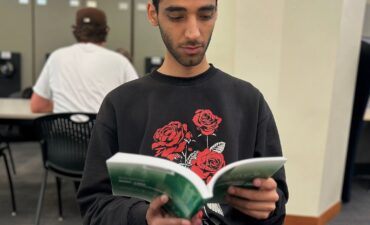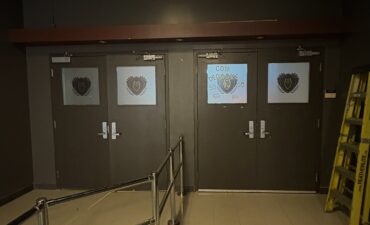Braedyn Wozniak
As the fourth wave of the COVID-19 pandemic hit Canada especially hard in Saskatchewan and Alberta, the way governments handled — or mishandled — the situation may have impacted the results of Monday’s federal election.
“That was a question the prime minister was unable to give a clear and convincing answer to, which was, ‘Why did you call this election now?’ ” said University of Regina political science professor Tom McIntosh.
Prior to the election, McIntosh theorized that the fourth wave of COVID-19 could impact the election by splitting the vote in Saskatchewan. Because of the spike in COVID-19 cases and hospitalizations, many people were pointing fingers at the Liberal and Conservative parties, which may have led to more voters fleeing nationally to the New Democratic Party (NDP), the Bloc Quebecois and the People’s Party of Canada (PPC).
In 2019, every seat in Saskatchewan was won by the Conservatives. In Monday’s election, late-night results showed the conservatives leading in all 14 ridings, but Saskatoon West featured a close battle with the NDP candidate. There were four ridings that were expected to be close and the right-wing Saskatchewan Party’s handling of the fourth wave had some effect on those ridings.
Regina-Lewvan, Regina-Wascana, Saskatoon West and Desnethé-Missinippi-Churchill River were the ridings possibly up for grabs. McIntosh believed the ridings with an “NDP past” had the greatest chance to flip the seat orange, which were Regina-Lewvan and Saskatoon-West. He said there “has to be a real shift to the PPC for the liberals to take Wascana or the NDP to take Saskatoon West.”
McIntosh believed the Liberals had a chance to win Desthenè-Missinippi-Churchill River but the Conservatives maintained their position. He believed Regina-Wascana was “really not all that up for grabs” because “the Liberals don’t have a candidate anywhere near the stature of (Ralph) Goodale.” He correctly expected Conservative Michael Kram, who defeated long-time Liberal MP Goodale in 2019, to be re-elected.
The NDP did make headway, which McIntosh predicted as Saskatoon-West and Regina-Lewvan kept it very close until the end but did not end up taking any of the seats from the Conservatives in Saskatchewan. The PPC also gained some of the popular vote, which proved his theory that the vote may split from the fourth wave fiasco.
By late Monday night, Prime Minister Justin Trudeau had led his Liberal Party to another minority government with Erin O’Toole’s Conservative Party remaining as the opposition.
McIntosh believed NDP votes in Saskatchewan would rise across the board, but his belief that it would not amount to the NDP or liberals taking more than two seats held true.
“The Conservatives won the seats pretty handily, so even if they lost five or 10 percentage points, they’d still win the seat.” Said McIntosh.
McIntosh believed that the handling of the fourth wave could create a “situation where both of the major parties wind up with fewer seats, in which case, they both lost, and that would put the leadership of Mr. Trudeau and the leadership of Mr. O’Toole into question within their own parties.”















